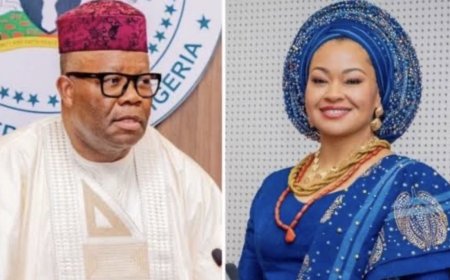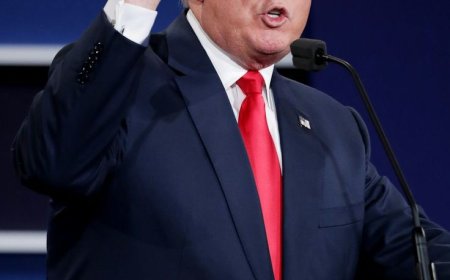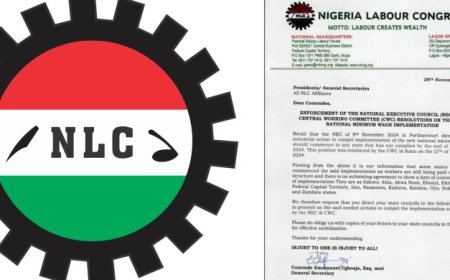Understanding the Political Contest: Pastor Abel Damina Explains Why Peter Obi Lost Еlection and Court Case Against Tinubu
Pastor Abel Damina provides a thorough analysis of Peter Obi's election failure and court case loss against Bola Ahmed Tinubu in the Nigerian political landscape. Pastor Damina's analysis of strategic planning, political base advantages, party strength, external influences, and judicial impartiality concerns sheds light on the intricate relationship between politics, power, and regional loyalty. His analysis emphasises the significance of fair play, openness, and strong governance systems in Nigeria's evolving political landscape.

In the recent discussions pertaining to the political landscape of Nigeria, Pastor Abel Damina has weighed in, addressing one of the more heated matters: the loss of Peter Obi in both the election and the subsequent court case against Bola Ahmed Tinubu.
As a social commentator and highly revered Christian leader, Pastor Damina has a unique and critical perspective on societal matters. He carefully dissected the political contest, exhibiting the reasons behind Obi's seemingly unexpected misfortunes.
The first issue, according to Pastor Damina, was a lack of robust strategizing on Obi's part. Politics, like any other game, requires extensive planning and foresight. In the run-up to the election, Obi's strategy seemed vague and ill-defined compared to Tinubu's targeted, goal-oriented campaign, Damina expressed.
Tinubu, with his strong background in politics dating back to his time as a senator and Lagos State Governor, displayed an extraordinary grasp of the political landscape. In comparison, Peter Obi, although known for his dedicated tenure as Governor of Anambra State, found it difficult to manifest the same level of national political savvy.
Secondly, Pastor Damina deduced that the aspirant's political base was another significant factor determining the outcome. He noted that as a former governor of Lagos State- Nigeria's economic hub and a city with a massive voting population, Tinubu had a natural advantage over Obi, also citing regional loyalty as a significant determinant in the outcome.
The cleric also deliberated the relevance of party strength in Nigeria's political context. Tinubu hails from the All Progressives Congress (APC), a party that has retained continual dominance in the Nigerian political scene. On the other hand, Peter Obi's Labour Party (LP), though a formidable contender, has faced significant challenges in re-establishing its dominance.
In his breakdown, Damina nudged towards the external influences in play during the electoral process. He indicated how external monetary influences and godfatherism in the political arena often swayed outcomes, rendering the process part-transparent part-obscure.
In the context of the court case, Pastor Damina held that the rule of law is not always delivered as ideally expected. He voiced the popular Nigerian skepticism about the perceived interference of the judiciary arm of the government by stronger political powers.
Pastor Damina's analysis of Obi's electoral loss and court case defeat against Tinubu uncovers the tangled interplay of politics, power, and regionality. His intelligent discourse casts a reflective eye over the state of Nigerian politics, while also serving as a reminder of the importance of fair play, transparency, and robust governance systems. As Nigeria continues to evolve politically, voices like Pastor Damina's will remain critical in providing balanced, thoughtful perspectives.
Watch the video below:
What's Your Reaction?





































































































